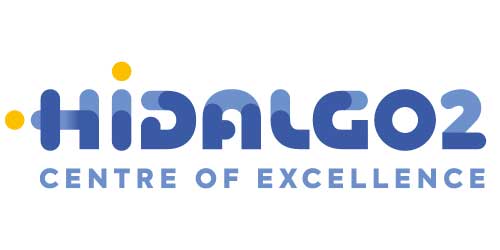Climate change has long since been an undeniable phenomenon observed up close at many places on Earth. Climate change influences our everyday life, and thus has also an increasing impact on our quality of life. One of the key reasons is the dynamic development of societies which for decades significantly impacts the natural environment. This can be dramatically experienced nowadays by violent weather phenomena (e.g. storms, rainfalls).
These problems are addressed by Global Challenges (GC). GC requires interdisciplinary expertise, and demands for solutions at scale due to their inherent complexity. Thus, HiDALGO2 aims to explore synergies between modelling, data acquisition, simulation, data analysis and visualisation along with achieving better scalability on current and future HPC and AI infrastructures to deliver highly-scalable solutions that can effectively utilise pre-exascale systems.
The project focuses on five use cases from the environmental area: improving air quality in urban agglomerations, energy efficiency of buildings, renewable energy sources, wildfires and meteo-hydrological forecasting. The common feature of the modelling of the above simulations is the use of numerical analysis of fluid flows by Computational Fluid Dynamics (CFD) method, which is typically very compute-intensive.
HiDALGO2 puts high emphasis on issues related to the scalability of solutions, the best adaptation of the software to the infrastructure (co-design) by using the appropriate benchmarking methodology and algorithmic optimization methods. This enables the efficient use of top-notch HPC systems to simulate complex structures with much greater accuracy not achievable for calculations using Cloud solutions. The quality of our solutions is assessed by uncertainty analysis carried out in ensemble runs mode. HiDALGO2 actively contributes to user communities from the EU by addressing the skills gap and sharing knowledge under organised specialised workflows and training.



